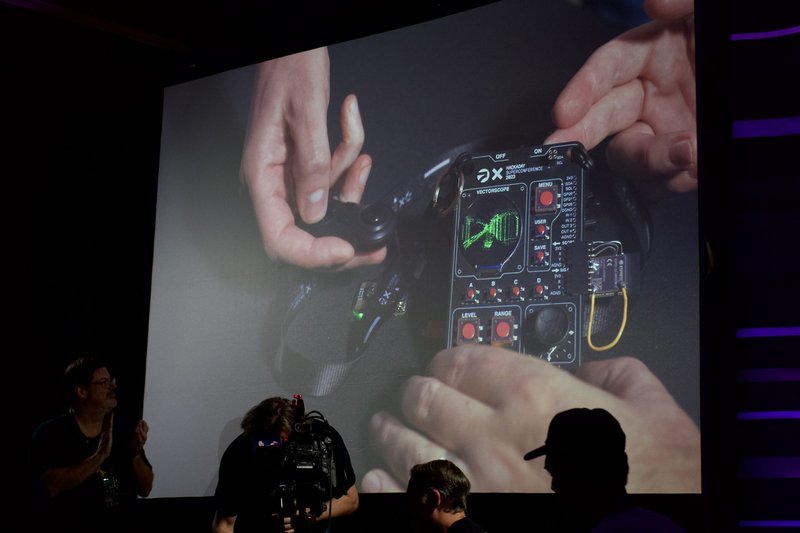The first time I met Lin Wei, he was standing amid a forest of industrial sensors in a Shenzhen manufacturing facility, watching invisible data flow through the air like oxygen. “This is the third system redesign in eighteen months,” he told me with a tired smile. “Each failure taught us something new.” As the lead IoT architect for a mid-sized industrial automation company, Lin navigates the exhilarating and sometimes treacherous landscape of China’s tech innovation ecosystem—a world where remarkable growth coexists with profound challenges.
What struck me most wasn’t Lin’s technical brilliance, though that was evident enough. It was his willingness to embrace uncertainty in a culture that traditionally prizes stability. “In the old days, failure meant losing face,” he explained. “Now we understand that innovation requires risk.”
Courage – The Quiet Revolutionaries of Industrial IoT
The numbers tell part of the story. China‘s industrial output expanded by 5.9 percent year-on-year in early 2025, with high-tech manufacturing growing at an impressive 9.1 percent. Behind these statistics are countless professionals making daily decisions that require genuine courage—the kind that rarely makes headlines but fundamentally reshapes how things work.
Zhang Min, a quality control supervisor at a Guangzhou electronics plant, implemented an IoT monitoring system despite significant internal resistance. “The older managers saw it as an unnecessary expense and, worse, a system that might expose inefficiencies they’d rather keep hidden,” she told me. “I had to become a diplomat as much as an engineer.”
Her gamble paid off. The facility’s defect rate dropped 34 percent within six months, and the same managers who opposed her now champion the technology. Zhang’s courage wasn’t about dramatic gestures but persistent advocacy in the face of entrenched opposition.

Courage – The Double-Edged Sword of Rapid Development
China’s technological courage sometimes manifests as breathtaking speed. When Western companies might spend years testing and refining industrial IoT solutions, their Chinese counterparts often compress that timeline dramatically.
“We moved from concept to full implementation in under four months,” said Dr. Huang, CTO of a Chongqing-based industrial automation firm. “Was it perfect? Absolutely not. But we gained real-world data that no simulation could provide.”
This bias toward action creates both tremendous advantages and potential blind spots. The same boldness that enables rapid innovation can sometimes skip crucial safety or security considerations. Dr. Huang acknowledges this tension: “We’ve had to learn some hard lessons about balancing speed with diligence. Last year, we deployed a system too quickly and missed vulnerabilities that led to a week-long production shutdown.”
The courage to act decisively must be paired with the courage to acknowledge limitations—a balance many Chinese tech leaders are still working to perfect.
Navigating Technical and Political Currents
For many in China’s industrial IoT sector, courage isn’t just about technical risk but navigating complex political and economic realities. As one anonymous engineer told me, “We’re building world-class systems while constantly adapting to new regulations, trade tensions, and shifting government priorities.”
The manufacturing PMI’s rise to 50.2 percent in February 2025 masks the daily uncertainty many professionals face. Government initiatives can dramatically reshape priorities overnight, requiring both adaptability and conviction.
Liu Chen, who leads a Beijing industrial robotics startup, described this challenge: “Sometimes you must follow your technical intuition even when external pressures push another direction. Last year, we continued developing our autonomous navigation system despite a sudden government emphasis on different technologies. We believed in our approach, and six months later, policy shifted back in our favor.”
This type of courage—maintaining a consistent vision amid shifting external pressures—characterizes many successful innovators in China’s industrial landscape.
The Human Element in a Digital Revolution
Despite the focus on automation and artificial intelligence, the most profound courage I witnessed came from those addressing the human dimensions of technological change. With industrial robots production increasing by 27 percent year-on-year, workforce transitions represent a major challenge.
Mei Li runs a retraining program for factory workers in Wuhan. “These people have spent decades mastering skills that are suddenly obsolete,” she explained. “Helping them find new roles requires us to be honest about reality while still offering hope. That’s a difficult conversation, and many companies simply avoid having it.”
Her program combines technical training with emotional support, recognizing that technological courage isn’t just about implementing new systems but helping people adapt to them. “The factory managers focus on hardware and software,” she said. “I focus on heartware.”

The Courage to Question Success
Perhaps most surprisingly, I found remarkable courage in those willing to question apparent success. With NEV production surging by 47.7 percent, the sector exemplifies China’s technological ambition. Yet some insiders are raising important concerns.
“We’re achieving incredible production numbers, but sustainability remains a major question,” said Professor Wang from Shanghai Jiao Tong University. “The courage we need now isn’t just to build faster but to build better—to question whether our current trajectory is truly optimal.”
This reflects a maturing innovation ecosystem where simple metrics like growth and output are increasingly supplemented by nuanced considerations of quality, environmental impact, and long-term sustainability.
Beyond National Narratives
While national pride drives much of China’s technological development, the most courageous innovators I met transcended simplistic competition narratives. They sought excellence for its own sake, not merely to outpace international rivals.
“I don’t wake up thinking about beating American companies,” Lin Wei told me during our final conversation. “I think about solving problems that matter. Sometimes that means learning from others, sometimes teaching them, usually both.”
This perspective represents perhaps the deepest courage in China’s tech landscape—the willingness to pursue innovation as a collaborative human endeavor rather than merely a national competition.
As I left Lin’s facility, he showed me their newest project: an industrial sensor system that reduced energy consumption by 22 percent while increasing production throughput. “This isn’t just good business,” he said. “It’s good for the world.”
In that simple statement lies the essence of true technological courage: the determination to build things that matter, despite uncertainty, despite setbacks, despite competing pressures. In China’s rapidly evolving industrial IoT landscape, that quiet courage drives innovation forward day by day, sensor by sensor, creating the future one bold decision at a time.



